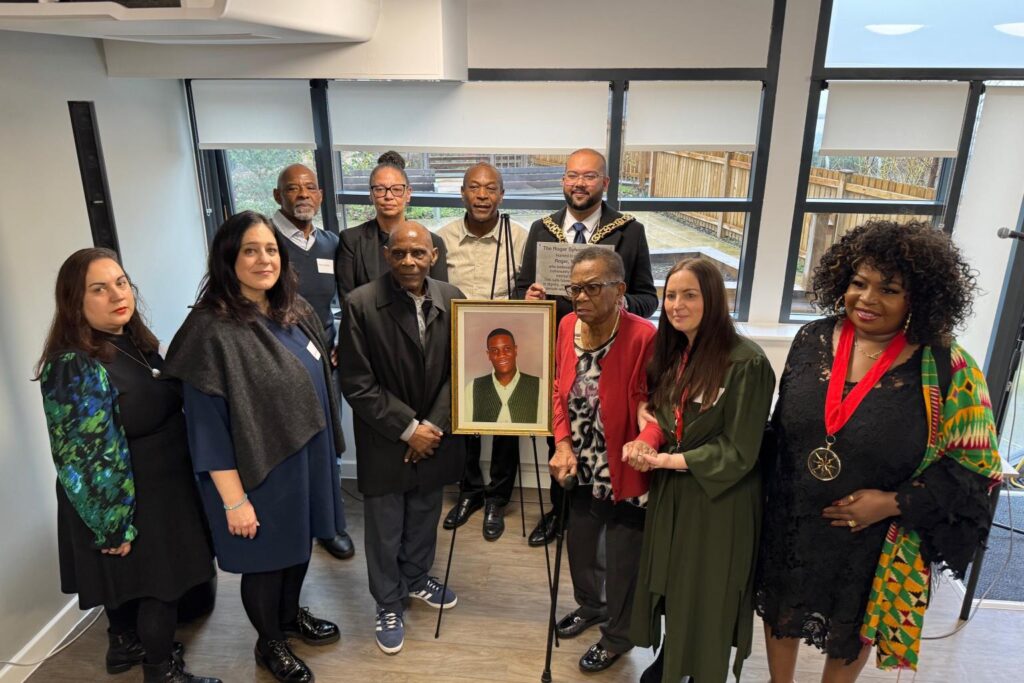People with a learning disability from Black, South Asian and minority ethnic backgrounds face shorter life expectancy triggered by poorer healthcare access, experience and outcomes, according to a new review.
The average age of death for BME people with a learning disability is 34 years, just over half the life expectancy of white counterparts at 62 years of age. Of those with a learning disability who die in hospital, 51% from ethnic minority groups have a ‘Do Not Attempt Cardiopulmonary Resuscitation’ (DNACPR) recommendation, compared to 73% for those who are white.
The findings are from the independent NHS Race and Health Observatory’s recommendations report that examines two decades of research looking into discriminatory barriers preventing equitable healthcare treatment.
Supported by NHS England, the five-part report contains data, personal interviews and analyses undertaken by the University of Central Lancashire, in collaboration with Manchester Metropolitan University, Learning Disability England and the Race Equality Foundation.
The review captures the lack of reasonable adjustments and failure to recognise individual needs. Other obstacles identified include language barriers, cultural and religious insensitivity, a lack of information in easy read format, and a lack of information during transitional care in hospital and home. The authors emphasised the need for healthcare providers to tailor support needs and recognise and record accurate, granular ethnicity data.
Dr Habib Naqvi, chief executive of the NHS Race and Observatory, said: ‘The disparities identified by this review are unjustifiable and avoidable. For too long, people with a learning disability from an ethnic minority background have received inequitable care and poor outcomes.
‘The NHS Race and Health Observatory will work with all relevant organisations to help drive further, faster progress in ensuring people with a learning disability from ethnic minority backgrounds receive equitable, high-quality health and social care provision. We welcome this report and applaud NHS England for calling this review as a much-needed priority.’
The review made a number of recommendations for NHS England, the Department for Health and Social Care, and Integrated Care Systems and Boards, and urgently called for future research to explore what is driving the lower age at death in ethnic minorities with a learning disability, including avoidable causes of death and modifiable contributory factors.
A consistent theme from those with lived experience was a lack of information, accessible information, contact and support across GP, community and hospital-based services.
Siraaj Nadat, senior quality of fife facilitator at Changing Our Lives and part of the review’s working group, said: ‘They need to see the person first, not the disability or race and work with the person on how best to help them. We need to do more and improve. We need to work with both health and social care. Being a disabled man from a minority ethnic community I am not only passionate to talk about the health inequalities that these communities face but to see change happen.’
Image: Aron Visuals

















Leave a Reply